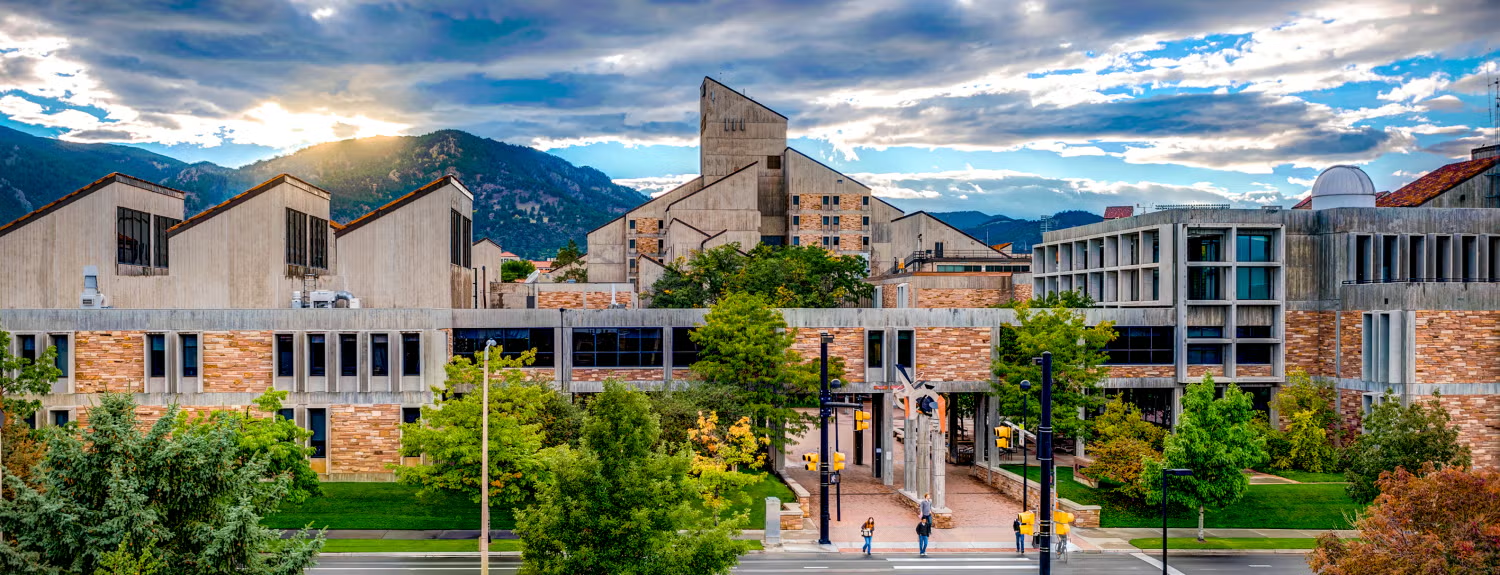Research
High-level overview of my current research work.
Hybrid Mechanistic Machine Learning Models for Genetic Circuits
Ongoing research in the Genetic Logic Lab (CU Electrical Engineering). I'm exploring ways to combine ODE-based mechanistic models with machine learning correction terms to better predict genetic circuit behavior, with an emphasis on interpretability and modular model design.
- Automatic construction of reaction-based ODE models from SBOL-style part lists (promoters, repressors, RBSs, etc.), enabling rapid circuit assembly into mechanistic backends.
- Modular solver backend (drop-in deterministic, stochastic, or future agent-based solvers) so the higher-level learning and training pipeline remain unchanged.
- Neural correction networks (residual architectures and PINN-style losses) that learn compact correction terms and highlight where mechanistic assumptions fail — surfacing missing interactions or context-dependent effects for interpretability.
- Use of differentiable ODE solvers and physics-informed loss functions to lower data needs while preserving mechanistic structure and interpretability.
- A scalable Python prototype for data ingestion, automatic model construction, and training of circuit-specific hybrid models to support predictive simulation and iterative design.
Synbiohub 2 & Synbiohub 3 - Software development
Contributed to Synbiohub tooling and integrations: building API features, improving user tooling for genetic circuit sharing, and maintaining deployment scripts. Placeholder entry — add links or details later.
- Led a modular redesign of SynBioHub's plugin architecture, creating a customizable framework that cleanly separates frontend and backend concerns for visualization, submission, and download plugins. New plugin types can be added through standardized REST API endpoints so repository behavior can be tailored to research workflows.
- Transitioned the project from isolated plugin refactoring to a full-stack redesign that improved maintainability, scalability, and runtime performance across both frontend and backend systems.
- Contributed to SynBioHub 2 (frontend rewrite) and SynBioHub 3 (backend rewrite) — parallel initiatives to rebuild the system using modern frameworks (React, Next.js, Spring Boot, Docker, and RESTful APIs) while keeping compatibility with the SBOL standard.
- Improved usability and performance for biologists with a fully interactive React UI featuring dynamic file submission, faceted search, customizable visualization panels, and spreadsheet-style search result presentation.
- Promoted FAIR data standards by designing integrations with external Genetic Design Automation (GDA) tools (e.g., Cello, SBOLCanvas, VisBOL) to enhance cross-platform interoperability and collaboration.
- Implemented CI/CD pipelines using GitHub Actions and Docker for automated testing, image creation, and release management, ensuring persistent data handling via Docker volumes and seamless deployment of new builds.
- Deployed and monitored SynBioHub instances on Azure and Kubernetes clusters, setting up container orchestration, persistent volume management, and health monitoring for production-level performance across multiple servers. Implemented logging and resource monitoring pipelines to diagnose and maintain long-term system stability.
- Collaborated across institutions (CU Boulder and University of Utah) under Dr. Chris Myers and co-authored an ACS Synthetic Biology publication as part of the SynBioHub development team.
- Currently mentoring an undergraduate researcher—teaching core software engineering practices, version control, and plugin design principles to foster continuity and skill development in the lab.
- Long-term focus: complete migration from legacy architecture to a modular, scalable SynBioHub 3 platform with improved backend performance (Java Spring), stronger authentication/group sharing, and advanced data curation tools.
Other Directions & Interests
Boundary integral equation methods, PDEs for physical systems, stochastic differential equations, improved mathematical modeling, and advanced deep learning techniques.
Genetic Logic Lab
For more about the lab and group research, visit the Genetic Logic Lab at CU Electrical Engineering.
